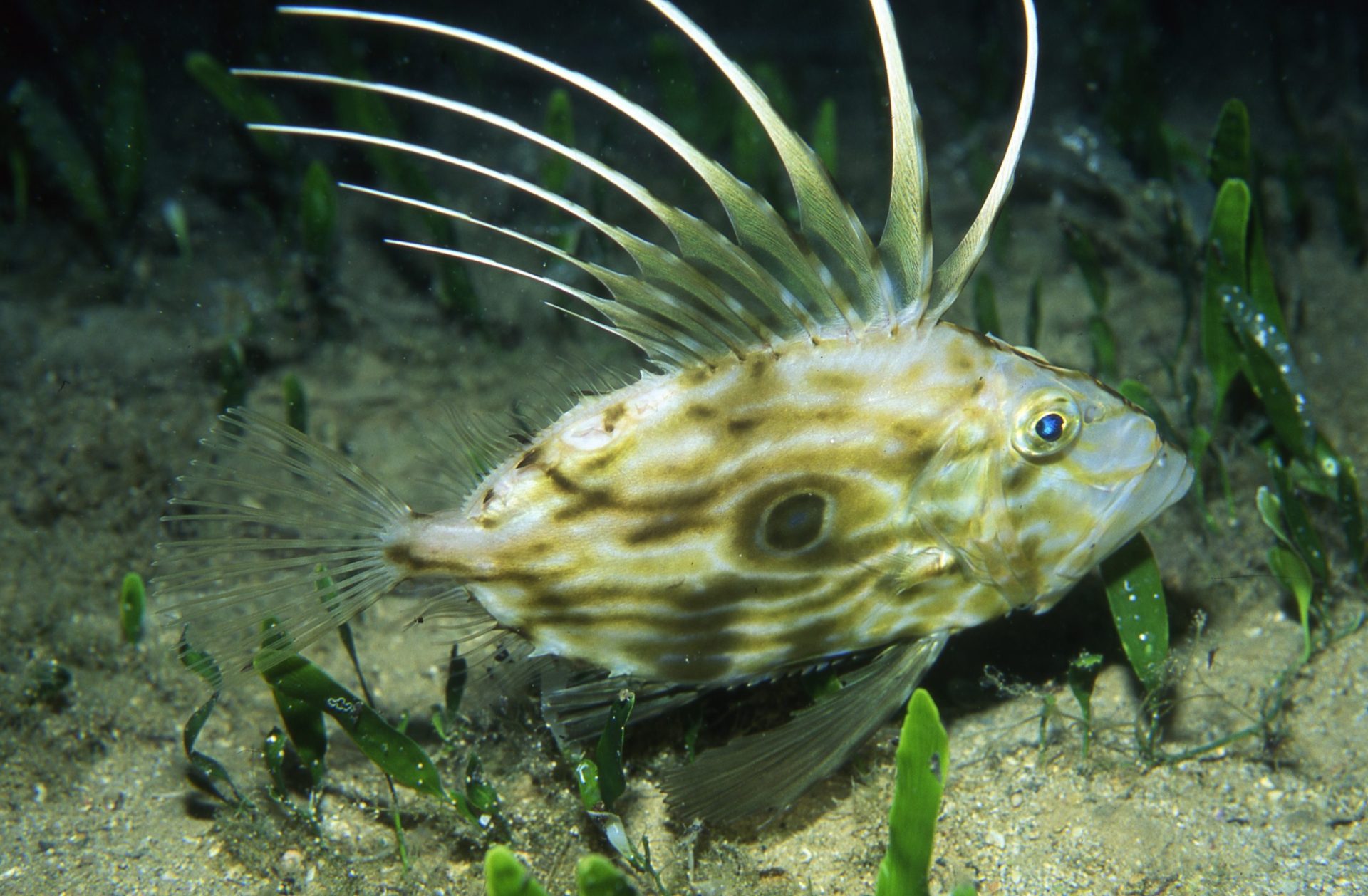New international study warns of significant impact of global warming on biodiversity in European seas

Over the past 40 years, the Atlantic Ocean has experienced a tropicalisation of its communities, increasing the abundance of warmer-water species, while the Mediterranean and Baltic, with more rapid warming, have seen a marked decline in cold-water organisms.
The results of the research, published in Nature Communications, show an unprecedented redistribution of marine ecosystems that may have important economic and social consequences.
The Basque technology centre AZTI has led a scientific study with the participation of 39 experts from all over the world and funding from the European Union through the FutureMARES project.
Science continues to warn about the impact of global warming and climate change on ecosystems. A new international study, the results of which have been published in Nature Communications, now warns of changes in the biodiversity of Europe’s seas and oceans as a result of steadily rising temperatures.
The research has analysed the extent to which long-term trends and changes in European marine communities (zooplankton, benthos, pelagic and demersal invertebrates and fish) have been linked to ocean warming.
To do this, the researchers used the Community Temperature Index (CTI), a standardised indicator that provides quantitative information on the state of a community with respect to its composition and the response of species to warming according to their affinity for warm or cold waters.
Analyses have covered time series of up to four decades from 65 monitoring programmes including historical data for a total of 1,817 species in the Northeast Atlantic, the Mediterranean Sea and the Baltic.
Tropicalisation and de-borealisation
The results of the scientific work show that most communities and habitats in these European seas have responded to oceanic warming through two ecological phenomena known as tropicalisation and de-borealisation.
“The increase in the abundance of warm-water species, a process known as tropicalisation, predominates in the Atlantic, while de-borealisation, a process of decreasing abundance of cold-water species, is especially notable in semi-enclosed basins such as the Mediterranean and the Baltic, which are also experiencing the fastest rates of ocean warming,” explains Guillem Chust, researcher at the AZTI technology centre and lead author of the study.
According to the experts, these trends are due, on the one hand, to the greater ease of dispersal and colonisation of species in open environments, although there are also cases of invasion in semi-enclosed seas. “A notable example is the increase of warm-water species from the Indo-Pacific in the eastern Mediterranean, which arrived via the Suez Canal and compete with native species, altering food webs and marine ecosystems,” adds Chust.
In addition, de-borealisation reflects the vulnerability of biodiversity in the Mediterranean and Baltic basins to rising ocean temperatures. Physical barriers limit connectivity and thus the migration of cold-water species to more suitable habitats to adapt to warming.
Among the fish species affected that are declining in numbers are the European sardine in the Mediterranean and cod in the Baltic, both ecologically and commercially important resources. “Rising temperatures can lead to population collapses or functional local extinctions, affecting fisheries and the local economies that depend on them. In particular, diadromous species, which migrate between freshwater and the sea, such as salmon or eels, are vulnerable to climate change, as they experience effects throughout different life stages and habitats”, the AZTI expert points out.
Other inhabitants of European marine communities, such as coralligenous and zooplankton, are also affected by the increasing rise in sea temperature, impacting biodiversity and habitat structure in these ecosystems, as well as the availability of food for fish and other organisms.
Ocean warming and associated changes in marine biodiversity could also affect ecosystem services and marine resources. “Fisheries will need to adapt, including adjustments to fishing grounds, fishing seasons, as well as diversification into new species that may increase in abundance due to climate change,” says Myron Peck, co-author of the research.
In addition, effective science-based management and regulation will be crucial. This includes adapting catch quotas and fishing efforts to changing populations and abundances, as well as implementing conservation measures to protect vulnerable species and ecosystems.
The research published in the journal Nature Communications was led by AZTI, with the collaboration of 39 experts from around the world and funding from the European Union through the FutureMARES project, coordinated by the Netherlands Institute for Marine Research NIOZ.




